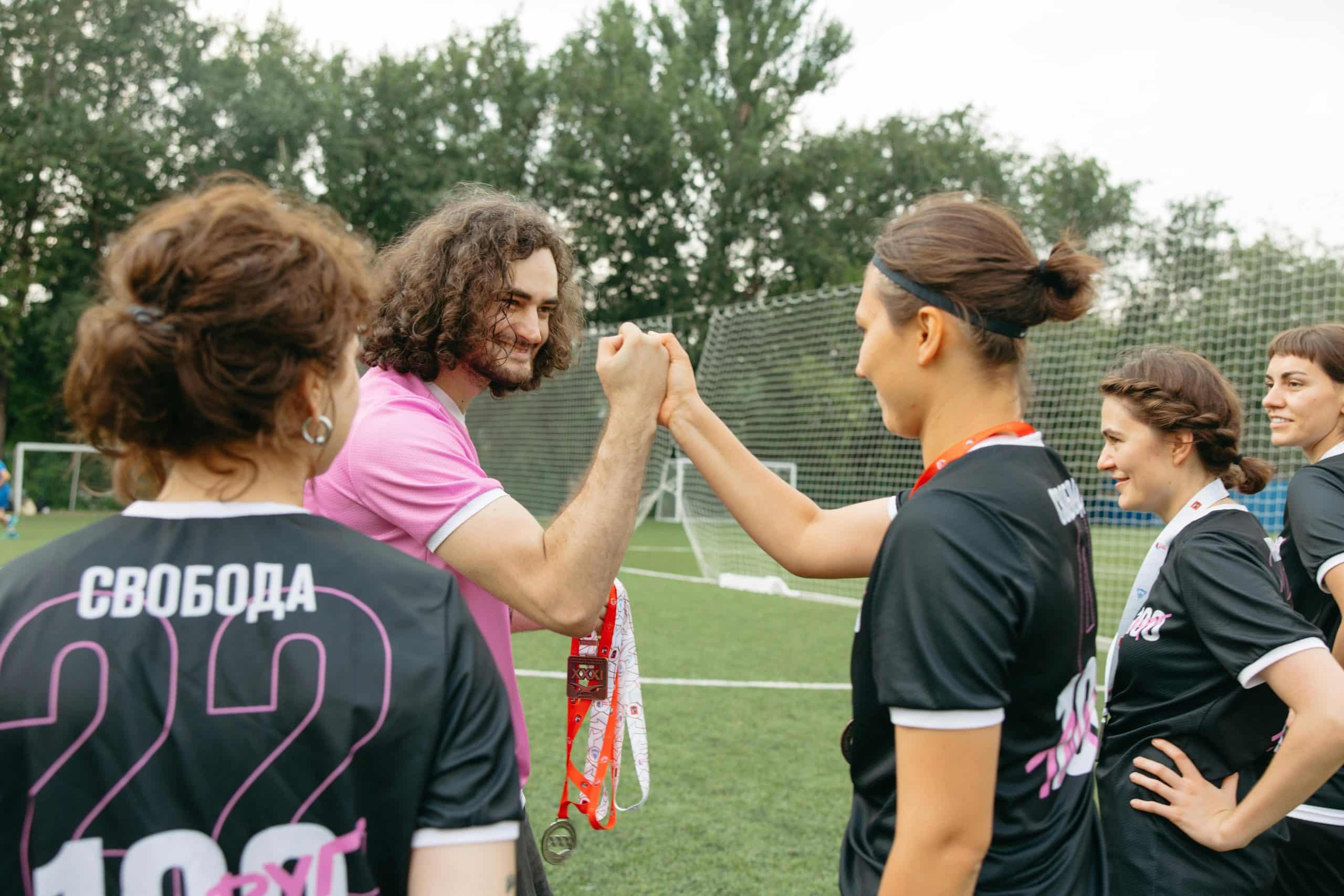How can sports organizations promote sportsmanship and fair play among young athletes?

Playing sports is an integral part of many people’s lives. From schools to professional arenas, sports have been a source of joy, camaraderie, and a platform for showcasing talent. But beyond the thrill of competition and the drive to win, sports are also a vessel for imparting important life lessons and social values.
Among these values are sportsmanship and fair play, both of which are essential to the integrity of any sport. And while all participants have a role in upholding these ideals, sports organizations and their coaches play a particular crucial role in fostering an environment that promotes these virtues. So, how can sports organizations promote sportsmanship and fair play among young athletes? Let’s dive in.
A voir aussi : What are the cultural traditions and rituals associated with sports initiation ceremonies?
Educating about Sportsmanship and Fair Play
The first step in promoting sportsmanship and fair play is through education. Sports organizations have the responsibility to educate young athletes about the importance of respect, integrity and fairness in sports. This education should be ingrained in their training programs and should be reinforced by coaches, parents, and even their peers.
This kind of education, however, should not be limited to formal sports rules and regulations, but should also include the moral and ethical aspects of sports. Teachers and coaches should make it a point to explain to their athletes why these rules exist and how they contribute to the overall enjoyment and integrity of the sport. This can be done through discussions, role-playing activities, or even by using real-life examples of good sportsmanship and fair play from professional sports.
Sujet a lire : How do sports teams address the challenges of communication and language barriers among multinational players?
Encouraging Good Behavior through Positive Reinforcement
Another effective strategy is the use of positive reinforcement. Recognizing and rewarding good behavior can highly motivate young athletes to exhibit sportsmanship and fair play. Sports organizations can do this by giving awards or recognitions for athletes who display good sportsmanship, respect for the rules, and fair play.
This method also sends a message to other athletes that good behavior is valued and appreciated. It encourages others to emulate these actions, thereby helping create an environment where sportsmanship and fair play are the norm.
Role of Coaches in Developing Good Sportsmanship
Coaches have a significant influence on young athletes. They are not only there to teach techniques and strategies, but they also serve as role models. It is crucial for coaches to demonstrate sportsmanship and fair play in their behavior and interactions. Young athletes mirror their coaches’ actions, and when they see their coaches respecting their opponents, they are likely to do the same.
Coaches should also create an environment where mistakes are seen as learning opportunities rather than failures. This helps students to develop resilience and respect for their opponents, two important aspects of good sportsmanship.
Using Technological Tools for Learning and Development
In this age of digital technology, sports organizations can also use technological tools to promote sportsmanship and fair play. One example is Google Play, which offers various sports-related apps that can help educate young athletes about these values.
For instance, there are apps that feature interactive games and quizzes about sports rules and etiquette. There are also e-books and online courses available on platforms like CrossRef and DOI, providing comprehensive materials on sportsmanship and fair play.
Promoting a Culture of Respect and Fairness
Lastly, it is important for sports organizations to cultivate a culture that values respect and fairness. This can be achieved by implementing policies that discourage unsporting behavior, such as cheating or unsportsmanlike conduct, and promoting open and respectful communication among everyone involved.
Sports administrators should also have a zero-tolerance policy for any form of discrimination or harassment. This sends a strong message that respect for all individuals, regardless of their race, gender, or ability, is a non-negotiable value in the sports community.
Promoting sportsmanship and fair play in sports is not a one-time effort. It requires continuous education, reinforcement, and a culture that values respect and fairness. By fostering this environment, sports organizations can contribute to the positive development of young athletes, not only as players but as individuals.
Utilizing the Power of Research and Systematic Review
Research and systematic review from sources like PubMed Crossref, Google Scholar, and DOI Crossref can play a significant role in promoting sportsmanship and fair play among young athletes. By conducting systematic reviews of studies and articles on sportsmanship and fair play, sports organizations can gain insights into the best practices, approaches, and strategies for promoting these values.
For instance, by reviewing articles on Google Scholar about the effects of sportsmanship and fair play education on young people, organizations can identify what works and what doesn’t. Using these insights, they can design effective programs and initiatives that resonate with young athletes.
Research also provides evidence of the benefits of good sportsmanship and fair play, making it easier to convince athletes, coaches, and parents about the importance of these values. In everyday life, young athletes are more likely to embrace values that they understand and see the benefits of, which is why it is pivotal to present them with clear, research-backed information about sportsmanship and fair play.
Olympic Education as a Tool for Promoting Good Sportsmanship
Olympic Education, which focuses on teaching the values of Olympism such as respect for opponents, fair play, and social responsibility, can be an effective way to promote good sportsmanship. This form of education goes beyond physical education and sport education, as it is designed to instill in young athletes the Olympic values that can be applied not only in sports but also in their everyday life.
One way of incorporating Olympic Education in sports organizations is by engaging young athletes in activities that celebrate the Olympic values. For instance, sports organizations can host mini-Olympics where young athletes participate not only in sports competitions but also in activities that promote mutual understanding, friendship, solidarity, and fair play.
Part of Olympic Education is also recognizing the efforts and achievements of athletes who exemplify the Olympic values. For instance, sports organizations can use platforms like the Olympic Day to honor athletes who have shown outstanding sportsmanship and fair play. This not only rewards good behavior but also encourages other athletes to embody these values.
Conclusion
Promoting sportsmanship and fair play among young athletes is an ongoing commitment that requires concerted efforts from sports organizations, coaches, and even parents. It involves continuous education, positive reinforcement, and a culture that values respect and fairness. Using tools such as technology, research, and Olympic education, sports organizations can effectively promote these values.
Moreover, fostering good sportsmanship and fair play greatly contribute to the positive development of young athletes. It shapes them to become not just good sports, but more importantly, individuals who understand and practice respect, integrity, and social responsibility. After all, the playing field is not just a place to compete and win, but also a platform to learn valuable life lessons that they can carry beyond the game.
